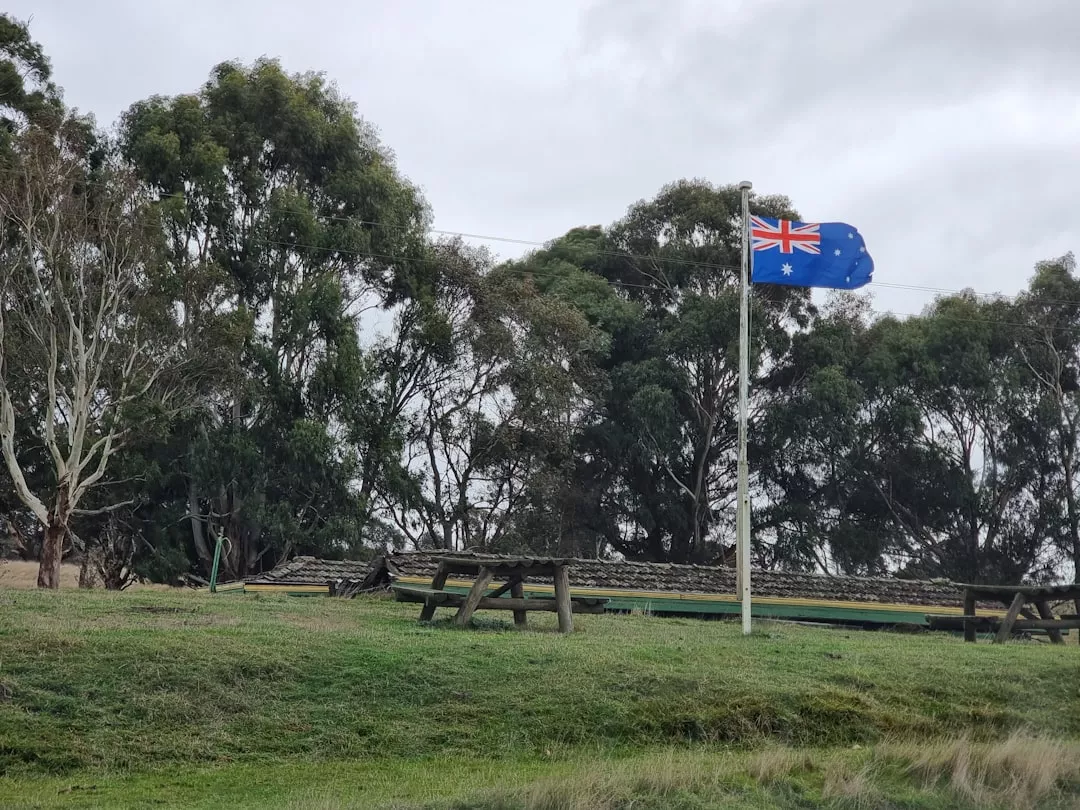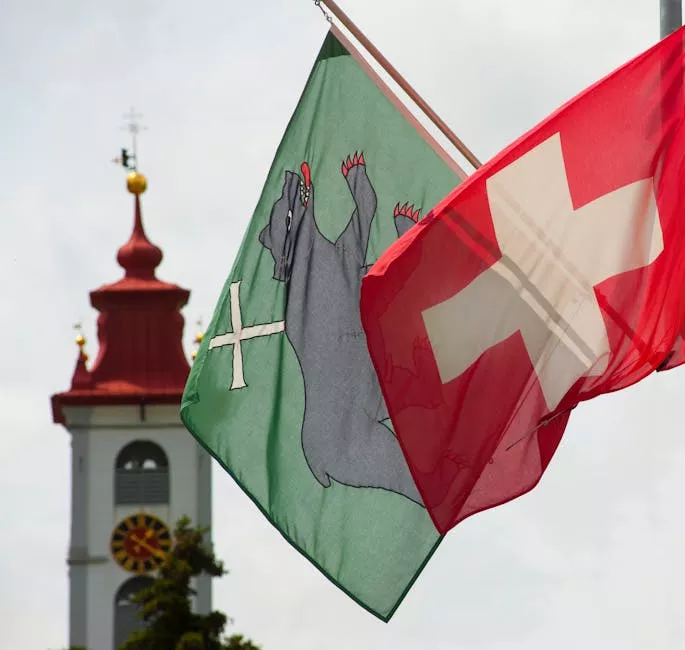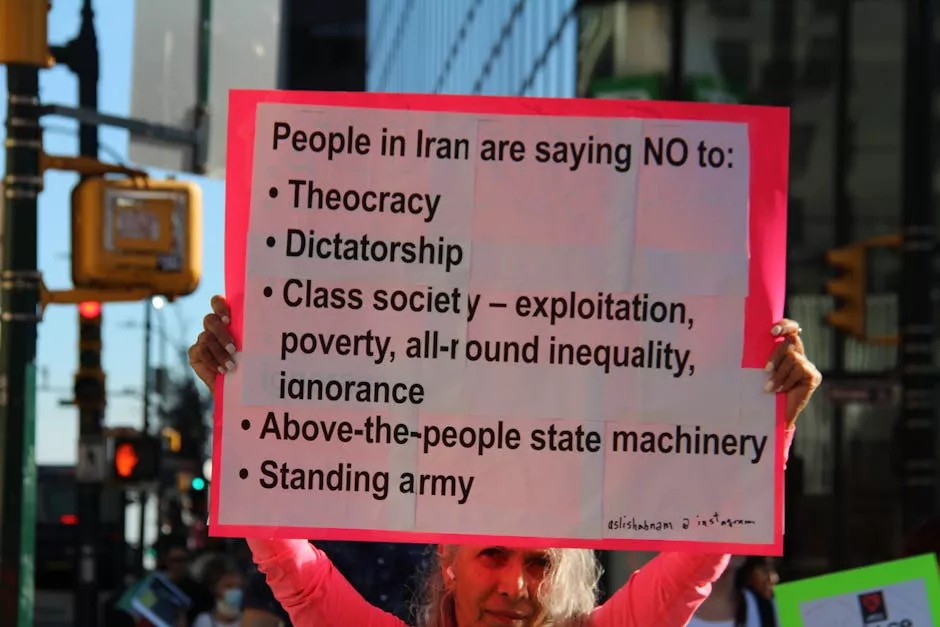Brazilian Indigenous Concept 'Mutirao' Could Transform COP30 Climate Policy
Indigenous communities worldwide push for inclusion in climate decision-making at COP30, introducing 'Mutirao' as a collaborative approach to environmental protection.

As world leaders prepare for COP30, the upcoming United Nations Climate Change Conference, a powerful Indigenous Brazilian concept called 'Mutirao' is emerging as a potential game-changer in global climate policy discussions. This traditional practice of collective action and community cooperation could reshape how international climate negotiations approach environmental protection and Indigenous rights.
The Exclusion of Forest Guardians
Indigenous peoples, who protect approximately 80% of the world's biodiversity despite comprising less than 5% of the global population, have historically been marginalized in climate policy decisions. This paradox has created a significant gap in climate action, as those most effective at forest conservation remain largely voiceless in international forums that determine environmental policies affecting their ancestral lands.
The statistics are striking: Indigenous territories contain 33% of the world's remaining intact forest landscapes and serve as carbon sinks crucial for global climate stability. Yet these communities often lack formal representation in climate negotiations, despite their proven track record of environmental stewardship spanning millennia.
Understanding Mutirao: A Model for Global Cooperation
Mutirao, deeply rooted in Brazilian Indigenous culture, represents a philosophy of collective responsibility and shared action toward common goals. This concept emphasizes community-driven solutions, collaborative decision-making, and sustainable resource management. Indigenous leaders argue that applying Mutirao principles to climate policy could bridge the gap between top-down governmental approaches and grassroots environmental protection efforts.
The concept extends beyond mere consultation to encompass genuine partnership and shared authority in decision-making processes. This approach contrasts sharply with current climate frameworks, which often treat Indigenous communities as stakeholders rather than equal partners in environmental governance.
COP30: A Critical Juncture
Brazil's hosting of COP30 presents a unique opportunity for Indigenous voices to gain prominence in global climate discussions. The conference's location in the Amazon region symbolically reinforces the connection between Indigenous knowledge and environmental protection. Brazilian Indigenous leaders are leveraging this platform to advocate for structural changes in how climate policies are formulated and implemented.
The timing is particularly significant as international climate commitments under the Paris Agreement face scrutiny for their effectiveness. Indigenous advocates argue that incorporating traditional ecological knowledge and governance systems like Mutirao could enhance the success of global climate initiatives.
Geopolitical Implications
The push for Indigenous inclusion in climate policy carries substantial geopolitical ramifications. Recognition of Indigenous rights in climate frameworks could affect national sovereignty claims, resource extraction rights, and international development projects. Countries with significant Indigenous populations may face pressure to reform domestic policies and grant greater autonomy to Indigenous communities in environmental decision-making.
Furthermore, the success of Indigenous advocacy at COP30 could establish precedents for future international negotiations, potentially reshaping the balance of power in global environmental governance and challenging traditional state-centric approaches to climate policy.






